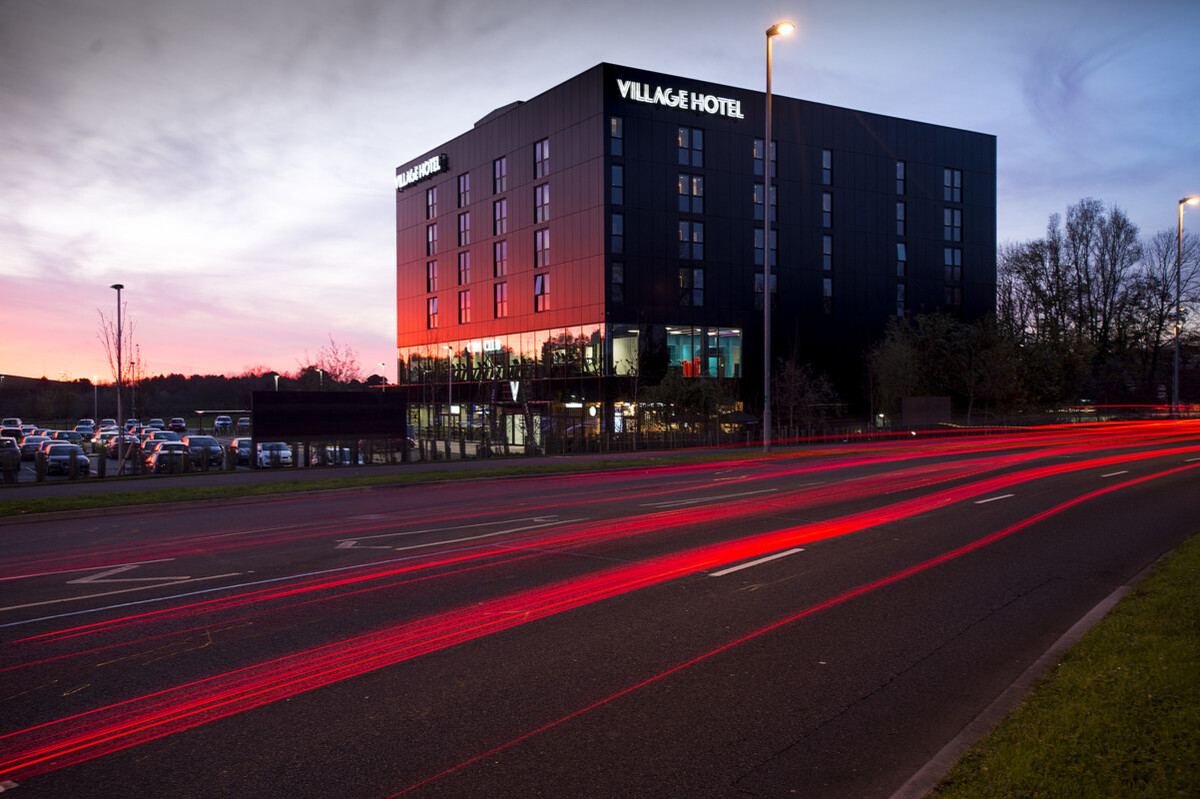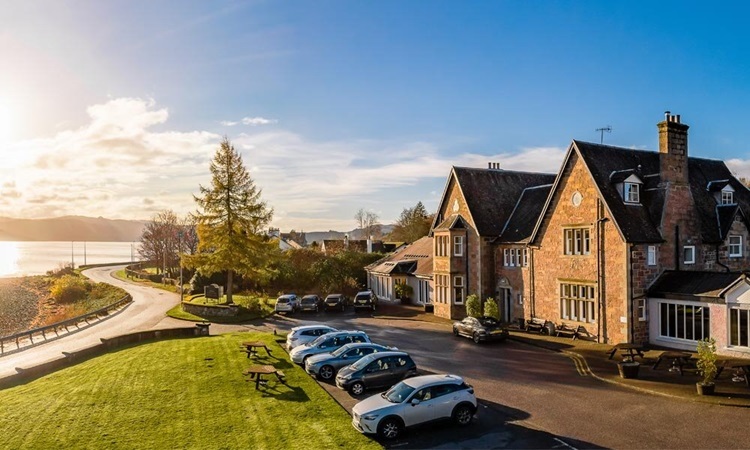Calls for easing of planning restrictions to help hotels 'bounce back'
Relaxing planning restrictions to allow hotel operators to change a property's use to residential could help the industry "bounce back", Colliers International has said.
The international commercial estate agent has said that now is the time for some hoteliers to consider whether redevelopment to alternative use is a "better and more profitable strategy" than reopening as a loss-making hotel.
Historically hotel operators seeking approval for change of use have had to prove their property is not viable as a hotel, a process which often requires marketing the business for sale over an extended period of time, sometimes as long as 12 months. With severe cashflow pressures faced by hotels from weeks of lockdown restrictions, Colliers has said it would welcome a relaxed approach by planning authorities on legislation around redevelopment of hotels for alternative use.
Paul Barrasford, director, Hotels Agency at Colliers International, said: “Over the past few months, hotel owners have been focused on the immediate and harsh challenges posed by the lockdown. Many are now looking to their reopening strategies and the prospect of a bounce back for hotels is very welcome news.
“Unfortunately, a few hotel owners are faced with the conundrum of wanting to reopen but knowing that unless something close to previous revenue is achievable, then there are significant risks in doing so. Unable to wait for a return to pre-pandemic operating conditions, looking at redevelopment options may be a far more realistic and rewarding route for a few hotel owners to optimise the equity from their investment.”
Colliers argues that “economic hardship” – often the key variant in the planning process – should become “a far more important and immediate factor” for some hotel owners who may see redevelopment as a way to recoup their investment or minimise their losses.
As well as helping to aid cashflow for individual operators, Colliers believes that relaxing restrictions would boost the British economy and provide much needed housing, by converting selected hotels to residential properties, such as affordable housing, houses in multiple occupation (HMO) and care homes.
Picture: Shutterstock



















